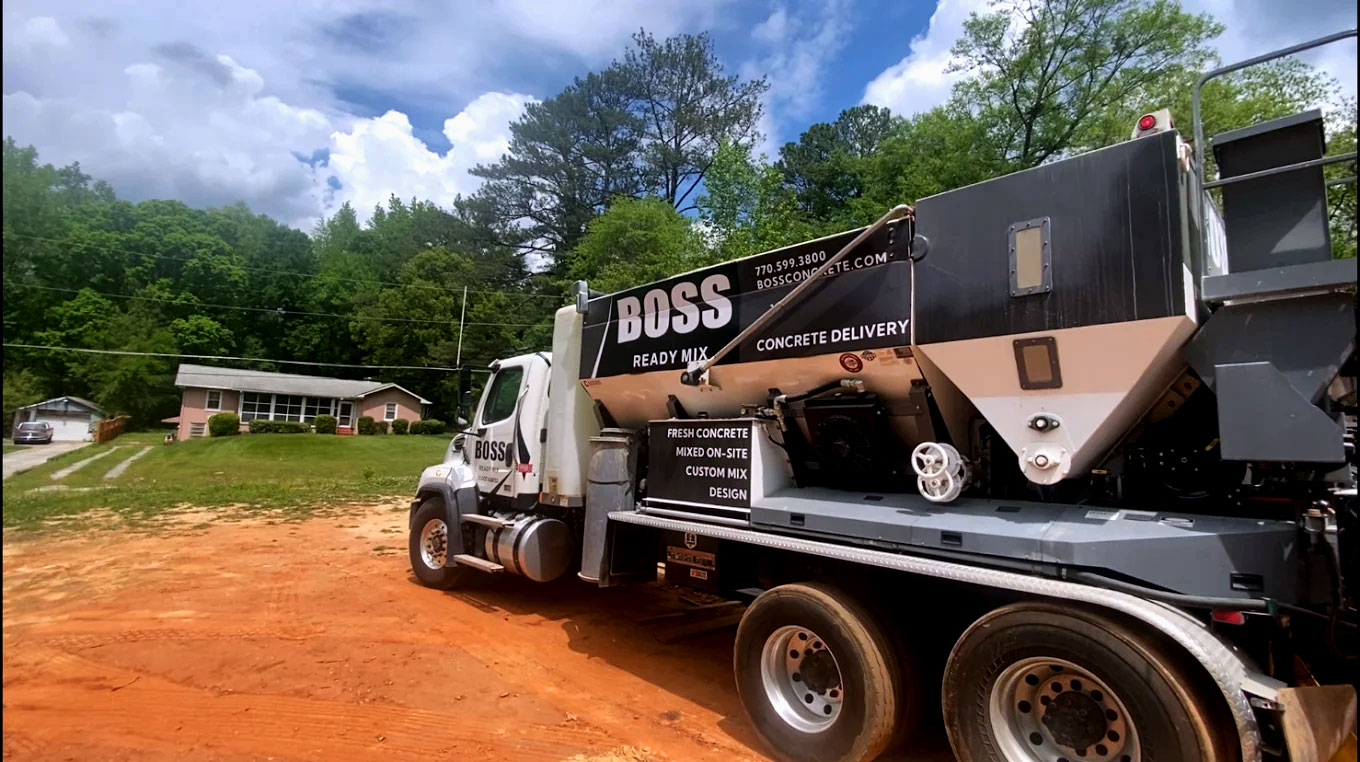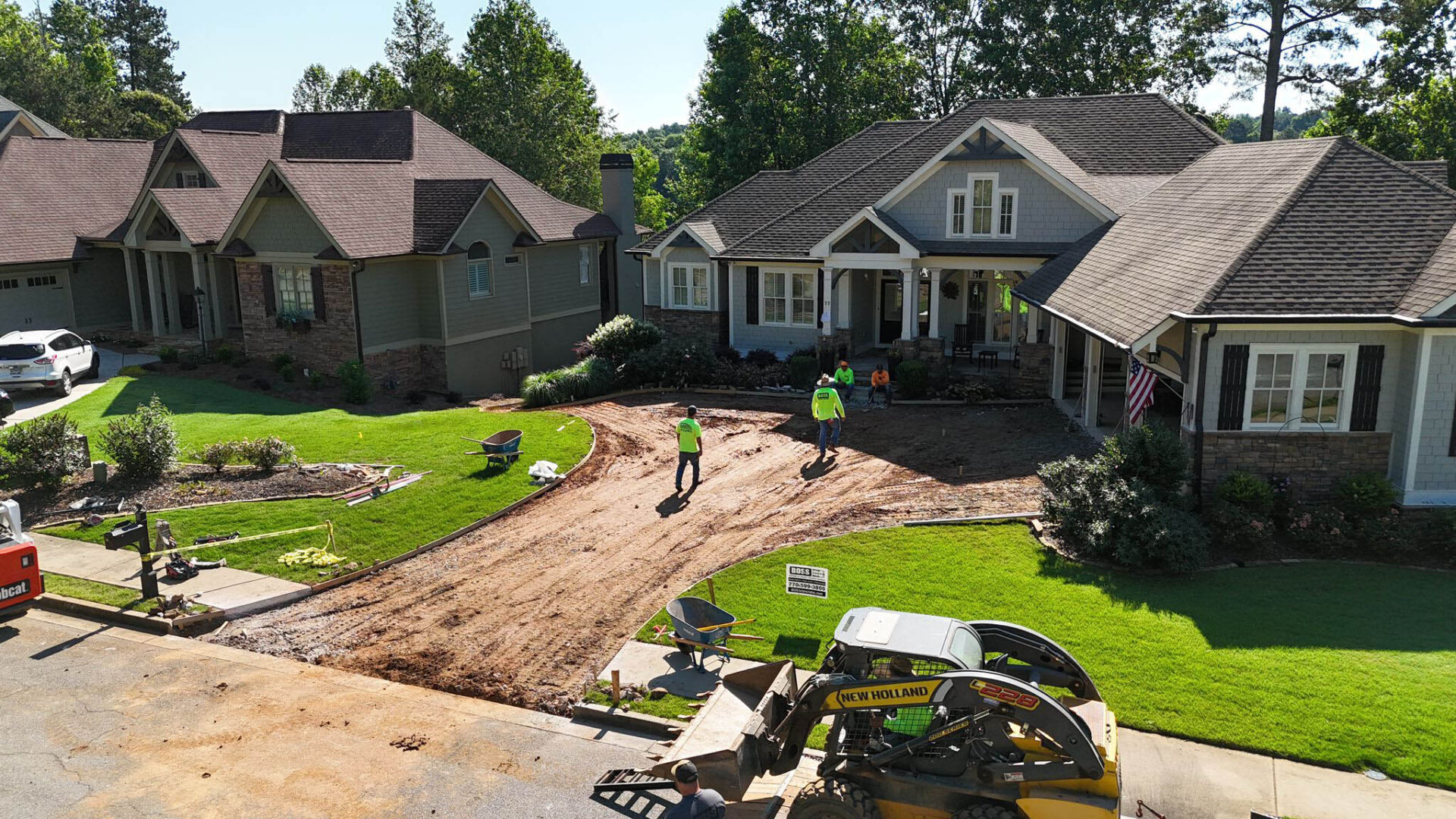Table of content
Your home is more than just a place to live—it’s an investment, a sanctuary, and a reflection of your style. But no matter how beautifully designed or luxuriously appointed, your home is only as strong as the foundation it stands on. A solid foundation is crucial for the structural integrity of your property, ensuring that everything above it remains secure and stable.
The foundation of your home is like the backbone of your body—it supports everything above it and ensures stability. Just as your spine keeps you upright, your home’s foundation bears the entire weight of the structure, distributing it evenly across the ground. It protects against natural forces like soil movement, water damage, and temperature changes. Without proper maintenance, your foundation can develop cracks and weaknesses, threatening the integrity of your home. A strong, well-maintained foundation is essential for keeping your home safe and secure for years to come.
Warning Signs of Foundation Problems: What to Look Out For
Foundation issues are a homeowner’s nightmare. What may begin as a small crack can quickly escalate into a significant structural problem, leading to costly repairs and potentially compromising your home’s safety. Early identification and prompt action are crucial in preventing these issues from spiraling out of control. By understanding the common signs of foundation problems and taking preventative measures, you can protect your home’s structural integrity and save yourself from expensive repairs in the future.
Importance of Early Identification
Spotting foundation problems early is essential to preventing extensive damage to your home. The foundation is the base upon which your entire house rests, so any issues with it can lead to a cascade of problems throughout the structure. Early identification allows for minor repairs that are far less expensive than the major overhauls required when issues are left unchecked. Additionally, addressing foundation problems early can prevent secondary damage, such as cracked walls, warped floors, or even water infiltration, which can further degrade the structural integrity of your home.
Common Signs of Foundation Issues
Being aware of the warning signs of foundation problems is the first step in protecting your home. Here are some of the most common indicators that your foundation may be in trouble:
- Cracks in Drywall and Exterior Walls: Small hairline cracks may not be alarming, but larger or widening cracks, especially those zigzagging across walls, should raise concerns. These cracks can indicate that the foundation is shifting or settling unevenly.
- Uneven or Sagging Floors: Floors that are uneven or sagging are often a sign of foundation movement. You might notice that objects roll across the floor, or you may feel a slope when walking across the room.
- Sticky Doors and Windows: If doors and windows suddenly become difficult to open or close, it could be due to the foundation shifting, causing the frames to warp.
- Cracks Above Windows and Doors: Cracks appearing above doors and windows are a telltale sign of foundation issues. These cracks often form as the house settles unevenly.
- Moisture in Crawl Spaces or Basements: Excess moisture or standing water in crawl spaces or basements can indicate poor drainage or cracks in the foundation, both of which can lead to structural damage.
- Bowing Walls: If walls appear to bow inward or outward, it is a strong indication that the foundation is under stress and may be failing.
- Separation of Walls from the House: A noticeable gap between the walls and the floor or ceiling often signals foundation movement, which needs to be addressed promptly.
- Foundation Upheaval: Cracks in basement walls, uneven floors, and exterior wall cracks can indicate foundation upheaval, a condition often caused by soil expansion beneath the home.
Causes of Foundation Issues
Understanding the causes of foundation problems can help in taking preventive measures. Two primary culprits include water accumulation and vegetation.
- Water Accumulation: Poor drainage around the foundation can lead to water pooling near the base of your home. Over time, this water can erode the soil, leading to foundation settling or even causing the soil to expand, pushing the foundation upward.
- Inspecting Trees and Vegetation: Overgrown tree roots can displace the soil beneath your foundation, causing cracks and shifts. Standing water near trees can further exacerbate the problem, leading to significant foundation damage.
Inspecting Your Home for Foundation Issues
Regular inspections can help you catch foundation problems before they become severe. Here are a few steps you can take:
- Check Gutters and Downspouts: Ensure that gutters and downspouts direct water away from the foundation. Clogged or misaligned gutters can lead to water pooling near the foundation, increasing the risk of damage.
- Inspect Around the Home’s Exterior: Walk around the outside of your home, looking for cracks in the foundation or walls, uneven settling, or signs of water accumulation.
- Look Inside for Warning Signs: Inside your home, pay attention to any new cracks in the walls, uneven floors, or doors and windows that no longer function properly.
- Examine Basement and Crawl Spaces: Regularly check these areas for moisture, mold, or cracks in the foundation walls.
Professional Solutions
When you suspect foundation problems, it’s essential to consult with a professional. Foundation repair experts can provide a thorough assessment and offer long-term solutions tailored to your specific issues. At Boss Concrete, we specialize in foundation repair and concrete services, offering inspections to help diagnose problems quickly and accurately. Our team of experts provides solutions that not only address the immediate issues but also prevent future problems, ensuring your home remains safe and stable.
Preventative Measures
Taking preventative measures can significantly reduce the risk of foundation problems. Here are some tips to keep your foundation in good shape:
- Regular Maintenance: Inspect your home regularly for signs of foundation issues. Addressing minor problems early can prevent them from becoming major repairs.
- Check for Pests: Termites and other pests can damage the wood in your home, leading to structural issues that can affect the foundation.
- Monitor Humidity Levels: Excess humidity can lead to moisture buildup in crawl spaces and basements, contributing to foundation damage.
- Ensure Proper Drainage: Make sure water is directed away from your home’s foundation by maintaining your gutters, downspouts, and landscaping.
Partner with Boss Concrete for a Strong Foundation
At Boss Concrete, we’re committed to helping you protect your investment by ensuring your home’s foundation is as strong as possible. Whether you’re planning a residential upgrade or addressing an urgent foundation issue, our expert team is here to assist. Fill out the form on our website to schedule your free consultation and receive a customized quote tailored to your needs. Let’s build something incredible together and ensure your home remains a safe, secure, and beautiful place for years to come.




